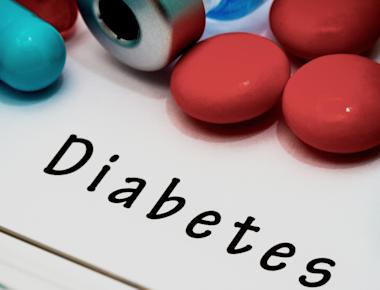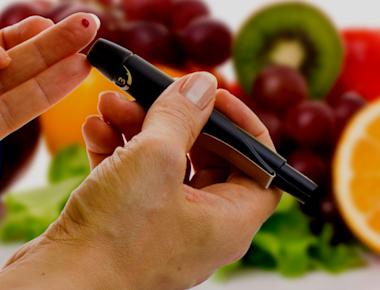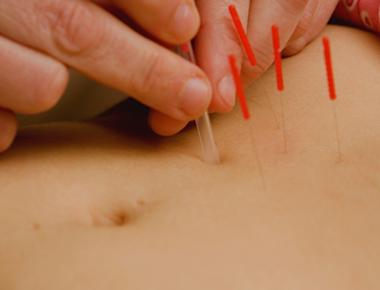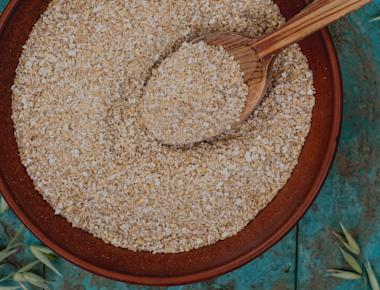

Table Of Contents
The Benefits of Bromocriptine and Cabergoline
Type 2 diabetes is a serious health problem that will affect about 350 million people by 2030. Although there have been some big advances in the way we treat diabetes recently, we are still looking for new medications. Ergot-derived dopamine D2 receptor agonists like bromocriptine and cabergoline have been used to treat hyperprolactinemia (too much prolactin hormone) and Parkinson’s disease. Bromocriptine has also been shown to reduce glycated Hemoglobin (HbA1c) in type 2 diabetes patients in short-term clinical trials. Recently, bromocriptine called Cycloset has been approved by the US Food and Drug Administration for the treatment of type 2 diabetes mellitus. There is also a report about the effect of cabergoline on blood sugar levels in patients with Cushing syndrome.
The aim of this study was to evaluate the short-term effect of cabergoline on poorly controlled diabetic patients who were resistant to oral medications but refused insulin injections.
The Study on Cabergoline for Type 2 Diabetics
This study tested the effectiveness of cabergoline in controlling blood sugar levels in overweight individuals with type 2 diabetes who still have hyperglycemia (high blood sugar) despite taking the maximum dose of sulfonylurea, metformin, and pioglitazone. Ten patients in the cabergoline group were treated with 0.5 milligrams of cabergoline weekly for three months, while seven patients were in the placebo group. The fasting and postprandial (after meal) plasma glucose concentration and HbA1c were measured in both groups at the beginning and end of the study.
The Results
Fasting Blood Sugar considerably decreased in the cabergoline group. Postprandial blood glucose and HbA1c decreased in the cabergoline group whereas both increased in the placebo group.



The differences in HbA1c and fasting glucose levels between the cabergoline and placebo group at the end of the study were significant.
The Conclusion
Cabergoline can effectively improve the glycemic control in patients with type 2 diabetes and have experienced oral medication failure. Further, it can also reduce both fasting and postprandial plasma glucose and HbA1c levels.
Reference
Cabergoline Effect on Blood Sugar in Type 2 Diabetic Patients with Oral Agent Failure
Health Enthusiast
Expertise
Subscribe to our newsletter!
Quick Links
Legal Stuff








